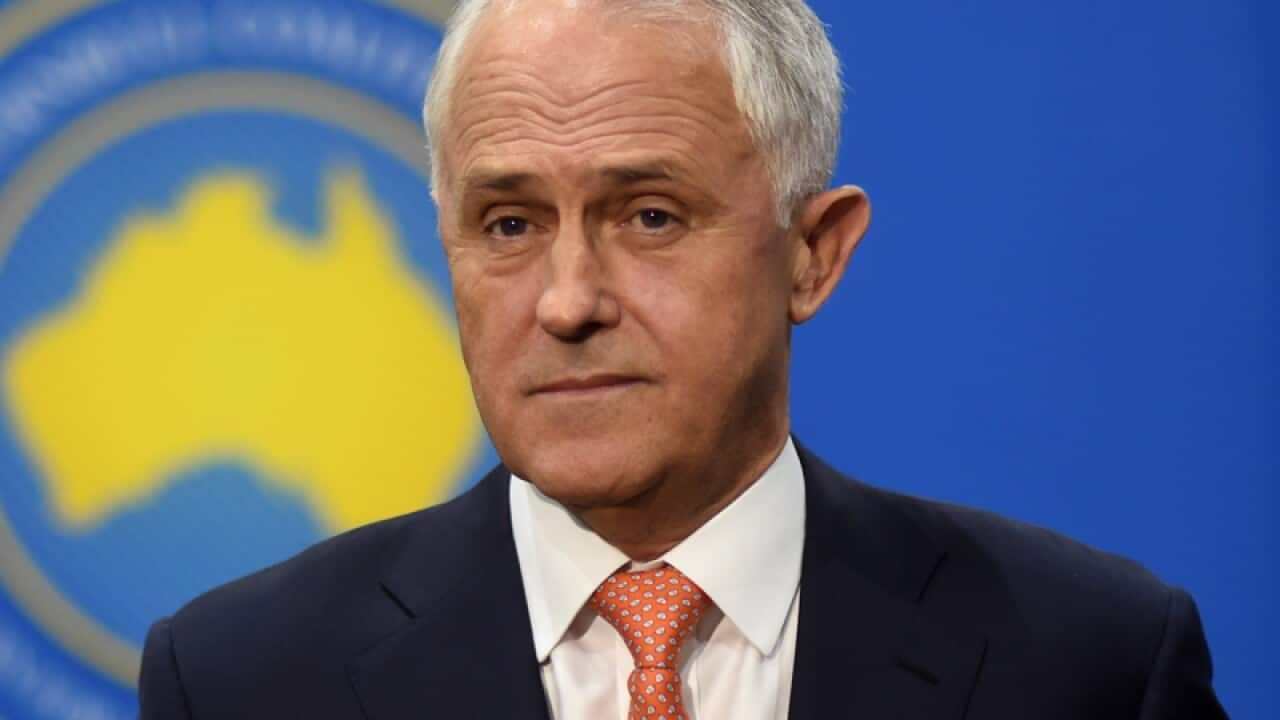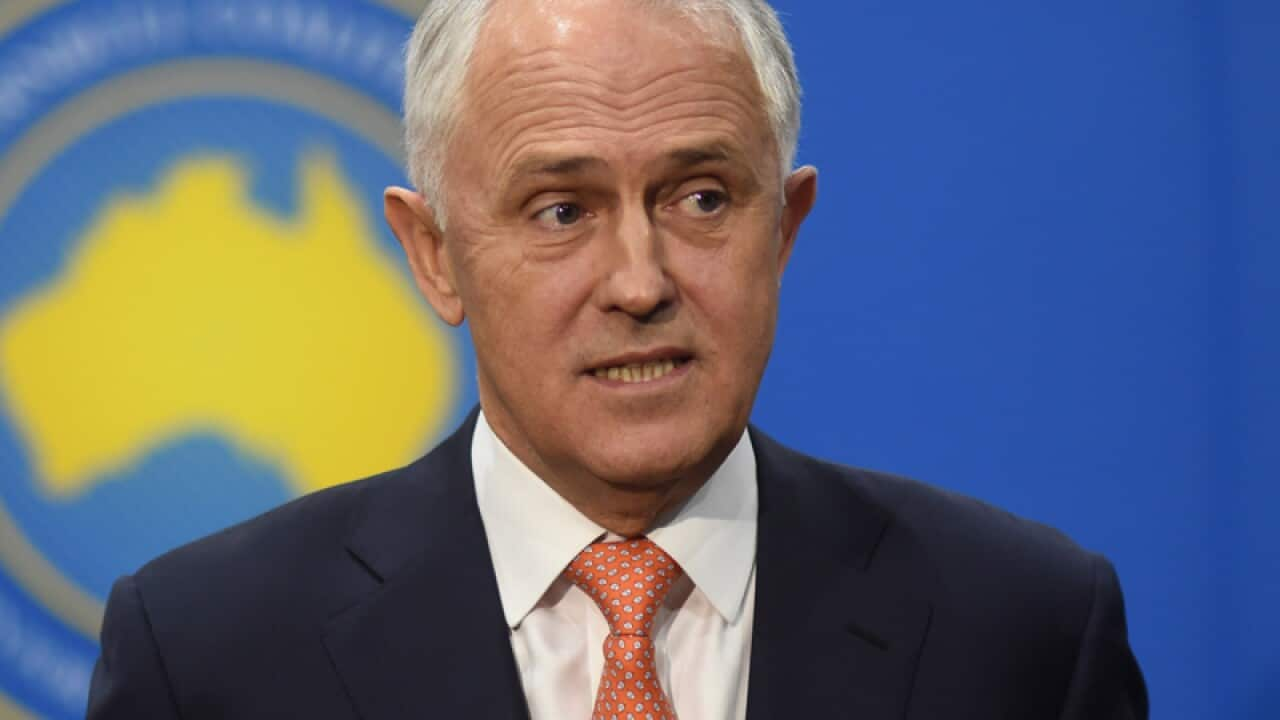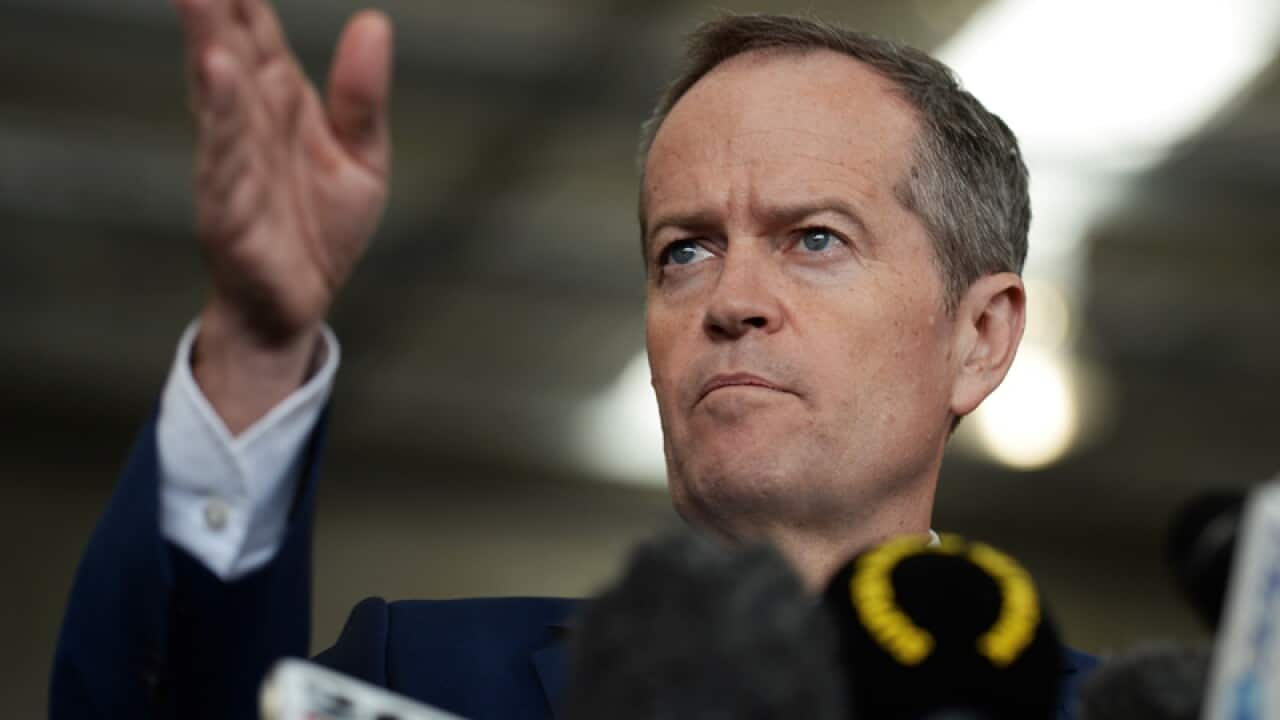Treasurer Scott Morrison has aggressively pursued Labor on its economic policy and stared down coalition critics of a planned crackdown on superannuation tax.
Both major parties were campaigning in Sydney on Thursday, with the Treasurer and the Prime Minister seeking to reassure voters that changes to superannuation policy outlined in the May budget won’t be ruled out after the election.
“We’re committed to these changes," Mr Morrison told reporters in Sydney.
"Of course we stand by them 100 per cent."
RELATED READING:

PM inspects $75k 'innovative' mattresses
The superannuation changes include limiting the tax-free status of retirement accounts over $1.6 million and changing transition-to-retirement arrangements. The government says only 4 per cent of Australians are affected by the changes, most of them being high-income earners.
The government is facing resistance from some of its own MPs. Cabinet secretary Arthur Sinodinos has said consultation will occur with coalition MPs after the July 2 election.
Mr Morrison said it’s Labor’s war on growth in Australia’s economy that should be the major concern.
“[Labor’s] toxic taxes that will be a toxin for our growth going forward,” Mr Morrison said.
“Using tax as their bullets is going to retard from growth.”
Prime Minister Turnbull continued the rhetoric and said Opposition leader Bill Shorten has declared a war on business and on the family businesses of Australia.
RELATED READINGS:

PM defends repatriation ceremony absence
“It sounds like the Liberal government is getting more desperate by the day,” Mr Shorten said.
“The truth of the matter is that the government’s economic plan is unraveling the longer this election goes.”
The government's claims that only 4 per cent of Australians are affected by the changes have been challenged by some accountants.
"We believe that one in four Australians are impacted in some way by these reforms," CPA Australia CEO Alex Malley told SBS.
"We have no political colour. We will always call out policy for what it is."
Mr Malley said a lot more people had shown interest in the government's super fund than previously thought, with the 'flawed' changes meaning they're now engaging with the policy.
Share





